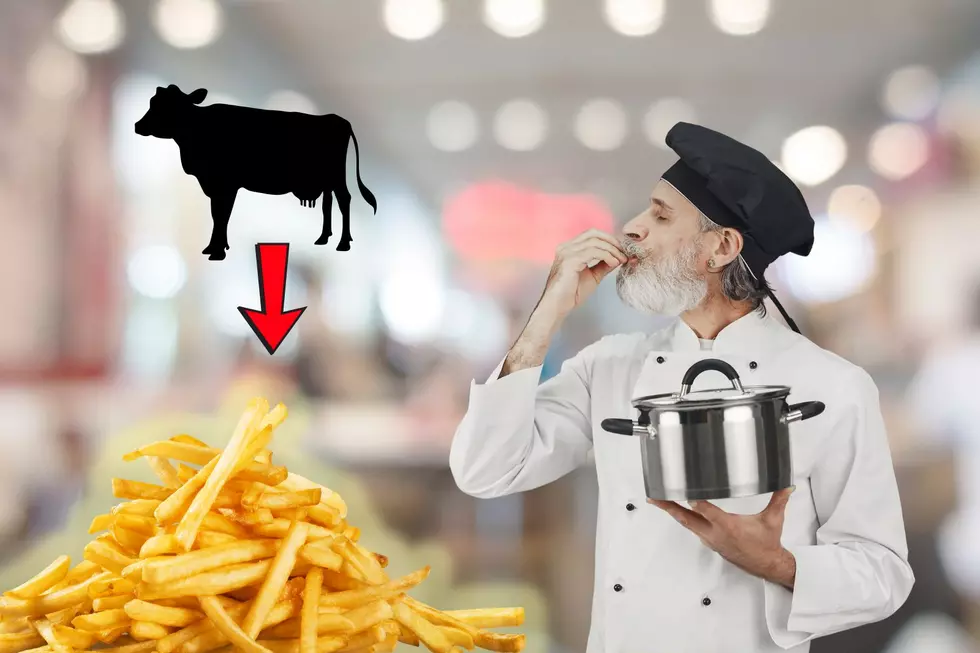The fast-food restaurant business Steak ‘n Shake, located in Indianapolis, has declared its intention to go back to its traditional fry-cooking technique, which uses beef tallow rather than cooking oil.
The past is back. Founded in 1934, Steak ‘n Shake is currently owned by San Antonio, Texas-based Biglari Holdings, Inc. Prior to switching to vegetable oil in the 1990s, their fries—like those of many other restaurant chains—were first cooked in cow tallow. However, Fox 59 reports that beginning this year, the chain will be going back to its original procedure at every store. The action follows a recent Steak ‘n Shake survey on X that seemed to show that more than 90% of participants preferred fries cooked in beef tallow.
What is Beef Tallow?
Let’s first review the definition of beef tallow before discussing the decision’s potential health effects. The fatty tissue of cows is removed, simmered, and clarified to create beef tallow, according to the Mayo Clinic. Alternatively, you may use venison or pigs to manufacture tallow. Although there are various uses for this rendered fat, deep-frying and roasting are the most common uses. I’ve prepared cow tallow a lot throughout my life, and I personally like using it for cooking instead of seed oils. It is considerably easier to make at home with leftover beef and has a much fuller flavor. At one point, my grandfather told me that was all his mother used in the kitchen. However, how much healthier is it than vegetable oils?
Is Beef Tallow Really Healthier Than Seed Oils?
Saturated fat, which is abundant in tallow, has been linked to elevated cholesterol and an increased risk of heart disease. Because they contain less saturated fat than beef tallow, vegetable oils—which are derived from the seeds of plants like corn, sunflower, and canola—were long thought to be a healthier option. Although saturated fats have historically been vilified, the Mayo Clinic suggests that consuming specific types or modest amounts of them may not be as bad as previously believed.
Monounsaturated and polyunsaturated fats, which are thought to be healthier, are also present in tallow. One polyunsaturated omega-6 fat present in animal fats is conjugated linoleic acid (CLA), which has been connected to possible health advantages such reducing atherosclerosis, or the accumulation of plaque in the arteries. The effects of conjugated linoleic acid, however, require further investigation.
Final Thoughts on Beef Tallow
Along with fat, beef tallow contains fat-soluble vitamins that are essential for a number of body processes, such as skin health, bone health, cellular function, and immune support. Conversely, seed oils are so heavily processed that they lack any real nutrition. That being stated, the decision of which option to put into your body ultimately rests with you. Ultimately, any type of fried food is not seen as healthful. In my opinion, it’s best to maintain an open mind while also consuming certain items, like steak and shake fries, in moderation.




